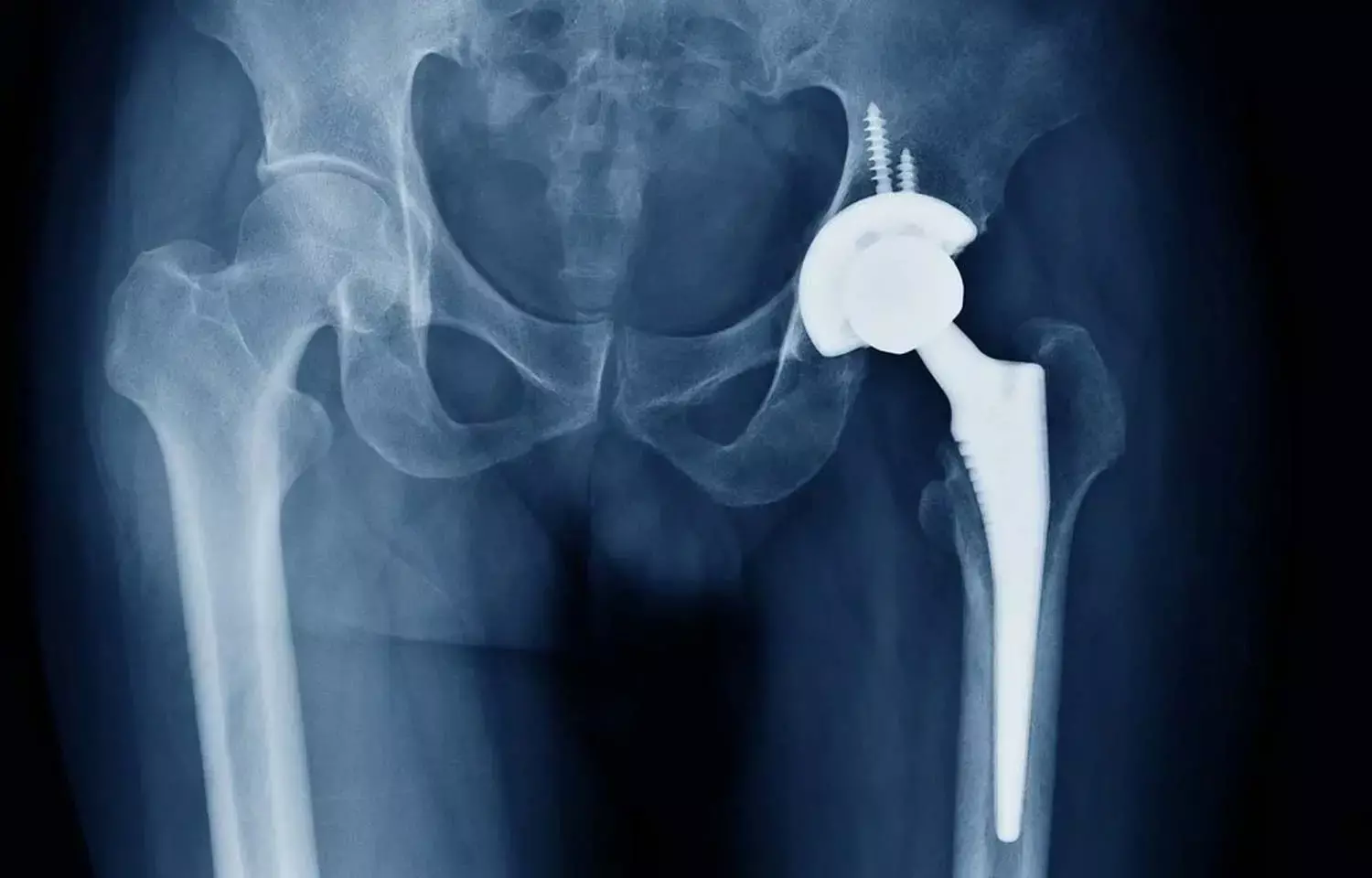- Home
- Medical news & Guidelines
- Anesthesiology
- Cardiology and CTVS
- Critical Care
- Dentistry
- Dermatology
- Diabetes and Endocrinology
- ENT
- Gastroenterology
- Medicine
- Nephrology
- Neurology
- Obstretics-Gynaecology
- Oncology
- Ophthalmology
- Orthopaedics
- Pediatrics-Neonatology
- Psychiatry
- Pulmonology
- Radiology
- Surgery
- Urology
- Laboratory Medicine
- Diet
- Nursing
- Paramedical
- Physiotherapy
- Health news
- Fact Check
- Bone Health Fact Check
- Brain Health Fact Check
- Cancer Related Fact Check
- Child Care Fact Check
- Dental and oral health fact check
- Diabetes and metabolic health fact check
- Diet and Nutrition Fact Check
- Eye and ENT Care Fact Check
- Fitness fact check
- Gut health fact check
- Heart health fact check
- Kidney health fact check
- Medical education fact check
- Men's health fact check
- Respiratory fact check
- Skin and hair care fact check
- Vaccine and Immunization fact check
- Women's health fact check
- AYUSH
- State News
- Andaman and Nicobar Islands
- Andhra Pradesh
- Arunachal Pradesh
- Assam
- Bihar
- Chandigarh
- Chattisgarh
- Dadra and Nagar Haveli
- Daman and Diu
- Delhi
- Goa
- Gujarat
- Haryana
- Himachal Pradesh
- Jammu & Kashmir
- Jharkhand
- Karnataka
- Kerala
- Ladakh
- Lakshadweep
- Madhya Pradesh
- Maharashtra
- Manipur
- Meghalaya
- Mizoram
- Nagaland
- Odisha
- Puducherry
- Punjab
- Rajasthan
- Sikkim
- Tamil Nadu
- Telangana
- Tripura
- Uttar Pradesh
- Uttrakhand
- West Bengal
- Medical Education
- Industry
Preoperative factors may predict severity of BMD loss after hip replacement: Study

Japan: Zone 7 BMD loss is seen after total hip arthroplasty (THA) in correlation with lower preoperative lumbar BMD on the lateral side and lower CFI, finds a recent study in the journal BMC Musculoskeletal Disorders. In order to prevent this, patients at risk of BMD loss may benefit from pre- or postoperative drug treatment.
Stress shielding after THA leads to bone mineral density (BMD) loss around the femoral implants, particularly in the proximal area. BMD loss around the implant is likely to occur one year following THA; however its severity is dependent on the patient characteristics.
Naomi Kobayashi, Yokohama City University Medical Center, Yokohama, Japan, and colleagues aimed to evaluate preoperative factors correlated with the severity of zone 7 BMD loss after THA.
For the purpose, the researchers performed a retrospective cohort study. It included 48 patients who underwent primary THA from October 2011 to December 2015. All patients underwent implantation of a Zweymüller-type femoral component without any postoperative osteoporosis medications.
The objective variable was a change in zone 7 BMD after 1 year. Factors evaluated included age, body mass index, Japanese Orthopaedic Association score, Harris Hip Score, Canal Flare Index (CFI), and lumbar BMD on the frontal and lateral sides. Univariate and multivariate regression analyses identified factors correlated with loss of zone 7 BMD.
Key findings of the study include:
· Univariate regression analysis identified CFI and preoperative lumbar BMD on the anterior-posterior and lateral sides as being correlated with loss of zone 7 BMD.
· Multivariate regression analysis identified CFI and lumbar BMD on the lateral side as being correlated independently with loss of zone 7 BMD.
"Lower preoperative lumbar BMD on the lateral side and lower CFI were correlated with zone 7 BMD loss after THA," wrote the authors. "Patients with these characteristics should be monitored carefully for severe BMD loss after THA."
Reference:
The study titled, "Preoperative factors predicting the severity of BMD loss around the implant after Total hip Arthroplasty," is published in the journal BMC Musculoskeletal Disorders.
DOI: https://bmcmusculoskeletdisord.biomedcentral.com/articles/10.1186/s12891-021-04161-4
Dr Kamal Kant Kohli-MBBS, DTCD- a chest specialist with more than 30 years of practice and a flair for writing clinical articles, Dr Kamal Kant Kohli joined Medical Dialogues as a Chief Editor of Medical News. Besides writing articles, as an editor, he proofreads and verifies all the medical content published on Medical Dialogues including those coming from journals, studies,medical conferences,guidelines etc. Email: drkohli@medicaldialogues.in. Contact no. 011-43720751


